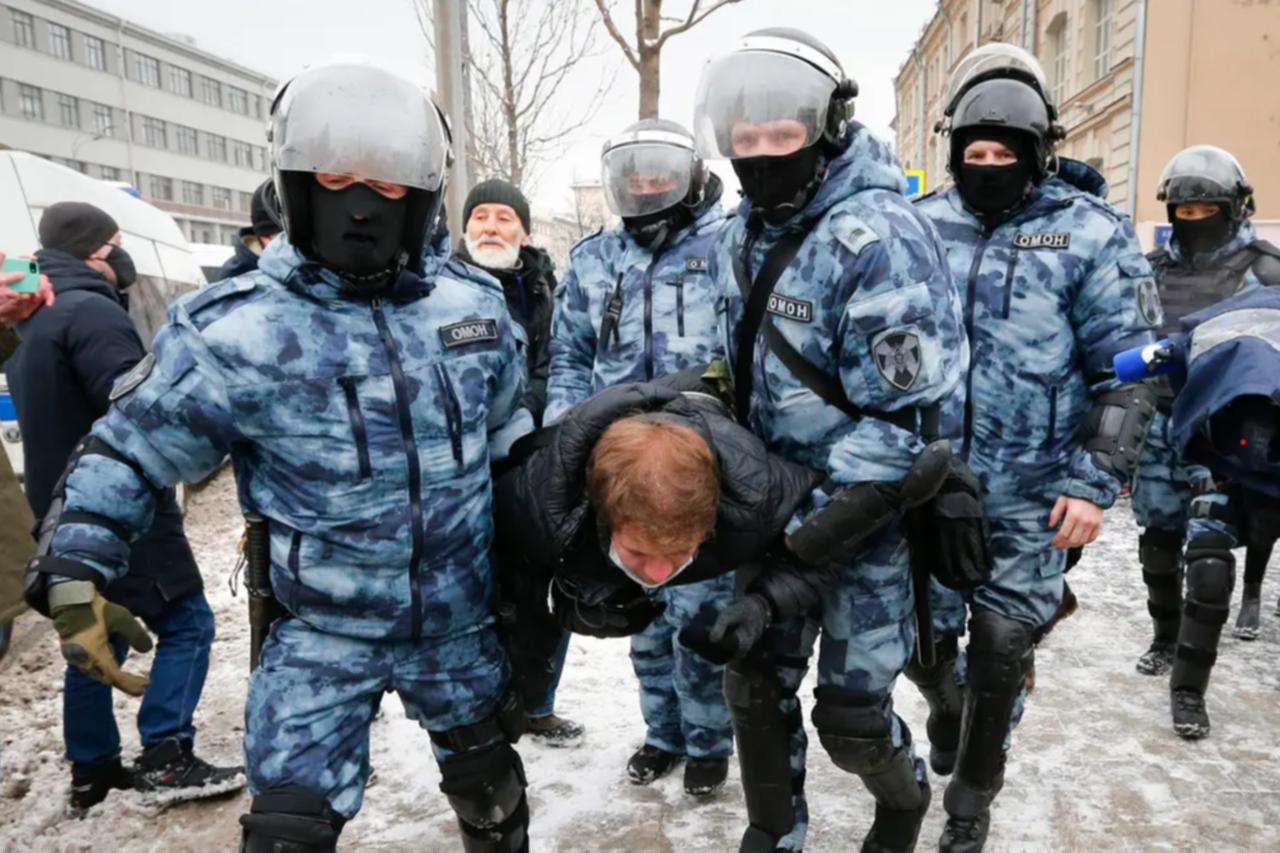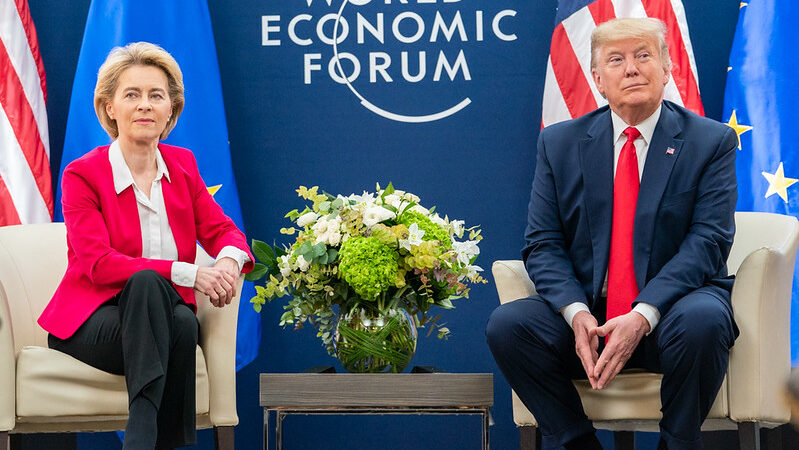
Georgia’s parliamentary election in late October was one of the most controversial and important elections in the country's history. Many labelled these elections as geopolitical because of the rhetoric the ruling party and the opposition used to gain support. So, why are these elections considered pivotal for the country's future?
By Jamal Valiyev
We must examine Georgia’s recent domestic political developments to provide an answer. Before the October elections, Georgia’s parliament adopted the controversial Law on Transparency of Foreign Influence, also known as the ‘foreign agent’ law. This law limits the activities of many West-based NGOs, severely damaging civil society.
Georgian Dream had tried to implement this law before, namely in spring 2023, but eventually withdrew the proposal due to mass protests. However, the bill was adopted last spring, overturning President Salome Zourabishvili's veto.
This decision triggered civil society and political opposition protests, which occupied Tbilisi's streets and the Georgian Parliament's outskirts. The adoption of this law polarised Georgian society and created divisions.
In light of October 26th, the date of the elections, people gathered around two main positions - one supporting the Georgian Dream and the other opposing the ruling party. It is worth analysing the rhetoric adopted by the two blocks.
For instance, the opposition framed Bidzina Ivanishvili as a Russian oligarch and the bill as the “Russian law”. In contrast, Georgian Dream officials called the opposition “Global war party” and “LGBT propagandists”, often depicting opposition leaders as a part of a “Freemason conspiracy”.
The long-awaited elections were accompanied by ballot stuffing, carousels and even physical conflicts. In the end, the Central Electoral Committee (CEC) declared that Georgian Dream won with 53.92% and secured the simple majority with 89 seats - although it did not obtain the constitutional majority, for which they needed at least 113 seats out of 150.
At the same time, the Edison Research exit polls showed conflicting results, claiming a victory for the opposition. After the official results were published, opposition parties and President Zourabishvili issued a joint statement expressing their intention not to recognise the election results or to enter parliament.
International reactions to the election results
Azerbaijan’s President Ilham Aliyev, one of Georgia's closest partners, was the first leader to congratulate Georgian Dream on its victory. Following him was the Prime Minister of Hungary, Victor Orban, who visited Tbilisi two days after the elections.
Armenia, Türkiye, China, and Iran also sent their congratulatory letters to Georgian Dream. Although Russia did not release official congratulatory statements, key propagandists, such as Margarita Simonyan and Alexandr Dugin, published their congratulations via social media.
On the other hand, several Western leaders condemned the election results, basing their claims on the ODIHR preliminary report, which informs that, during the elections, processes of vote buying and intimidation occurred, and democratic principles were not granted in some cases. Ursula von Der Leyen, President of the EU Commission, commented:
“The people of Georgia have been fighting for democracy. They have a right to know what happened this weekend and see that irregularities are investigated swiftly, transparently, and independently. As free and fair elections are at the core of European values.”
Similar reactions came from the leaders of Lithuania, Poland, Denmark, Norway, Ukraine, Moldova, the Netherlands, and Germany. The overall pattern is that countries reacted according to their geopolitical and ideological standings.
For instance, most Western countries called for investigations. In contrast, those who accepted the results represent anti-liberal or even openly anti-Western views except Hungary, which, despite being an EU country, has been opposing the general direction of the EU towards Georgia and many other issues.
This can be explained by Orban’s finding an ally in Bidzina Ivanishvili. The discourses of Fidesz, Hungary’s ruling party, and the Georgian Dream share many similarities. Both parties uphold religious and conservative values and use fear-mongering tactics and slogans about the dangers emerging from liberal views and LGBT-friendly policies.
Georgia is a potential geoeconomic ally of Hungary. Budapest wants to receive the Middle Corridor, a trade route from China to Europe passing through Central Asia and the South Caucasus, with Georgia being one of the key countries on this route. In addition, Hungary has already started to buy gas from Azerbaijan via the pipelines passing through Georgia and Türkiye.
Post-election processes in Georgia
There have been claims that the current processes might put Georgia into a constitutional crisis and political deadlock. According to the Georgian legislature, with 89 MPs, Georgian Dream has the right to convene the first session of parliament within 10 days after the CEC declares the winner.
The CEC declared the final results on 16 November, and, according to Parliament’s speaker Shalva Papuashvili, the newly elected Parliament will commence its first session on 25 November.
In addition, Papuashvili stated that the diplomatic corps accredited to Georgia were not invited to the first session of the Parliament, basing this decision on the view that “the elections and the first session of Parliament are our internal affairs”.
Meanwhile, all of the opposition members denied the mandates gained by this election, with President Zourabishvili appealing to the Constitutional Court of Georgia about ballot secrecy and universal suffrage.
For the first session to commence, at least 100 MPs’ credentials must be submitted to the Parliament, and the President must attend the session.
Only 89 MPs will be present, and the President will be absent. Subsequently, the opposition called for more protests before the Parliament, aiming to prevent Georgian Dream’s representatives from entering the building.
To conclude, modern Georgian history has witnessed a lot of election drama. Elections in 2003 led to what is known as the Rose Revolution, whereas in 2012, elections in which Mikheil Saakashvili lost were accompanied by widespread protests.
The last round of voting has been probably the most divisive and bitter since the restoration of Georgian independence. Despite Georgian Dream officials stating they wish to continue improving relations with the EU, how Georgian Dream governs the state creates a massive barrier between the sides.
For now, it seems the Georgian Dream will proceed with their victory. The intensity of rallies and the sheer number of protesters are modest compared to past occasions, while Georgian police have been using limited violence to disperse the protesters. But hopes for the opposition are not entirely over yet.
The Constitutional Court of Georgia has not yet responded to the President's appeals. Furthermore, presidential elections are scheduled for December, and the incumbent, President Zurabishvili, intends to run.
The presidential candidate from Georgian Dream is the main point of interest, and the major intrigue is about whether Bidzina Ivanishvili will step out of his “grey eminence’’ role and be a presidential candidate or he will again nominate a mere figurehead from the party.
Jamal Valiyev is an intern at Topchubashov Center, a Baku-based think tank. His primary research focus is on conflict studies and South Caucasian politics. This is his first contribution to the Liberum.




